The MCU’s credits scenes have been a problem for Phase 4, but Spider-Man: No Way Home’s stingers reinvent their approach & meaning for the franchise.
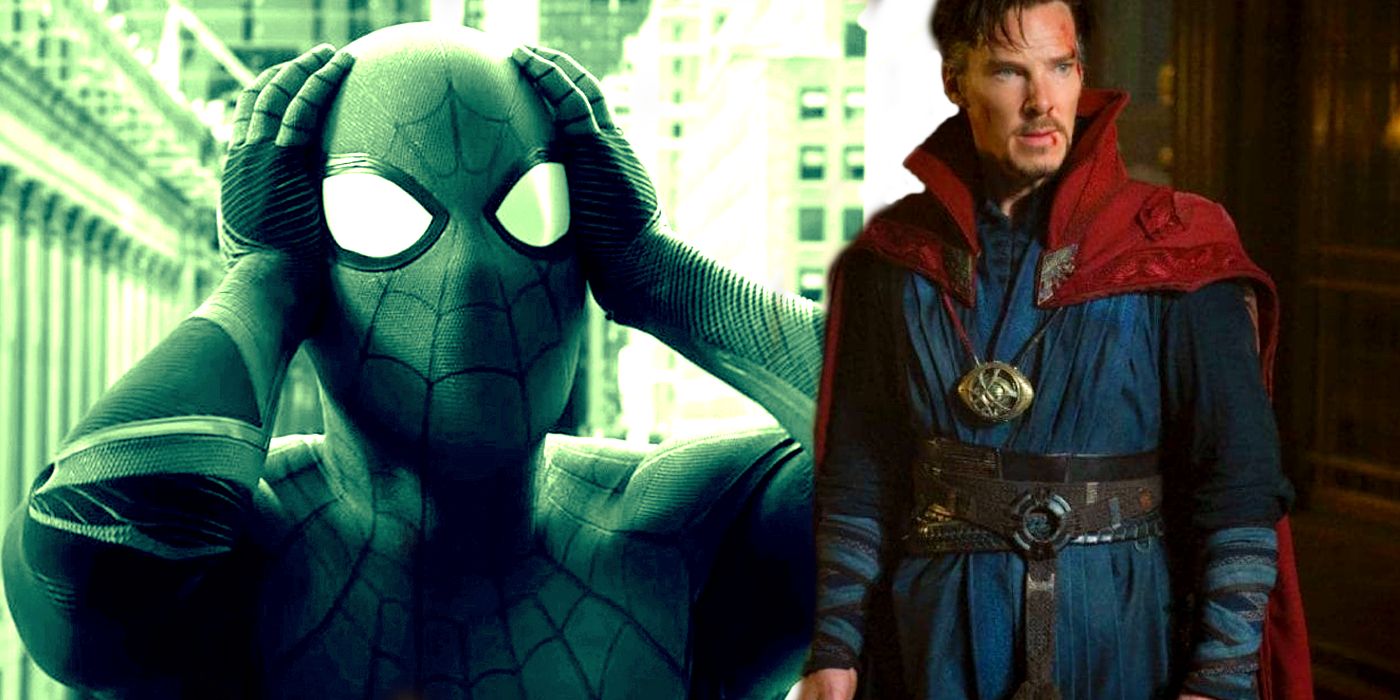
Marvel Studios has become famous for its use of post-credits scenes, often setting up future projects for the MCU, but Spider-Man: No Way Home refreshingly redefined their immediate significance for future projects. While the MCU certainly didn’t invent post-credits scenes, the franchise set forward a trend in requiring nearly every blockbuster film or series to include a follow-up scene that sets up the future of its story. With the vast characters, settings, and specific objects within the MCU timeline, every post-credits scene has become its own event, typically either setting up in-universe connections to future projects or teasing surprise twists.
Phase 4’s Spider-Man: No Way Home featured two post-credits scenes, the first revealing Tom Hardy’s Eddie Brock, a.k.a. Venom, appearing on Earth-616 before being flung back to the Sony Spider-Man Universe (though leaving behind a piece of the Venom symbiote), and the second serving as an official teaser trailer for Doctor Strange in the Multiverse of Madness. A third in The More Fun Stuff Version confirmed that all memories of Peter Parker had been wiped. Unsurprisingly, No Way Home’s post-credits scenes were divisive – but even so, this approach may inspire future MCU projects.
Spider-Man: No Way Home Makes Far From Home’s Post-Credits Scene More Important
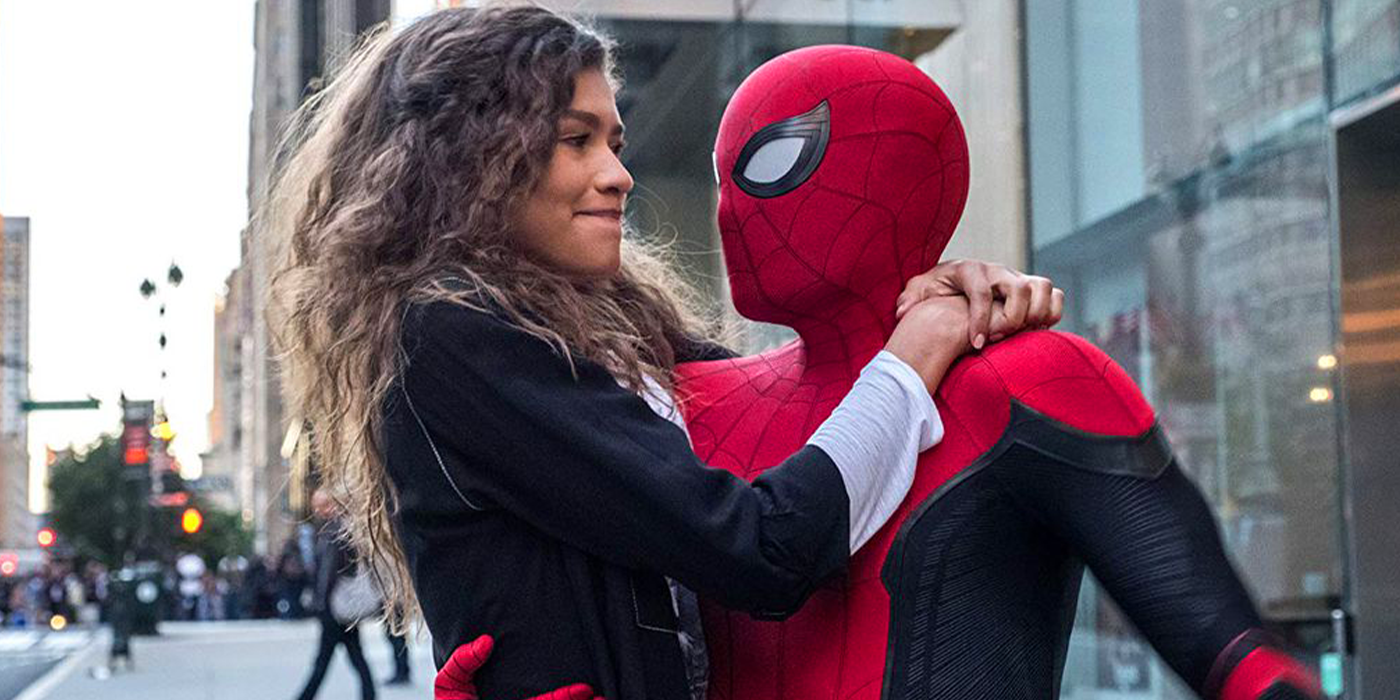
Spider-Man: No Way Home marked an important deviation in Marvel Studios’ post-credits scenes. In an unexpected moment, Jon Watts sequel reused the mid-credits scene from Spider-Man: Far From Home during its opening moments.
This was brand-new territory for the MCU, as typically post-credits scenes had always lived as their own entities, but the use of Far From Home’s scene in No Way Home had the effect of ensuring the audience knew that the Phase 4 project picked up immediately after its predecessor. In this way, Spider-Man: No Way Home changed the way the MCU uses its post-credits scenes, transforming one brief moment into an official piece of important context for its story.
No Way Home’s Credits Scenes Are Different To Most In The MCU
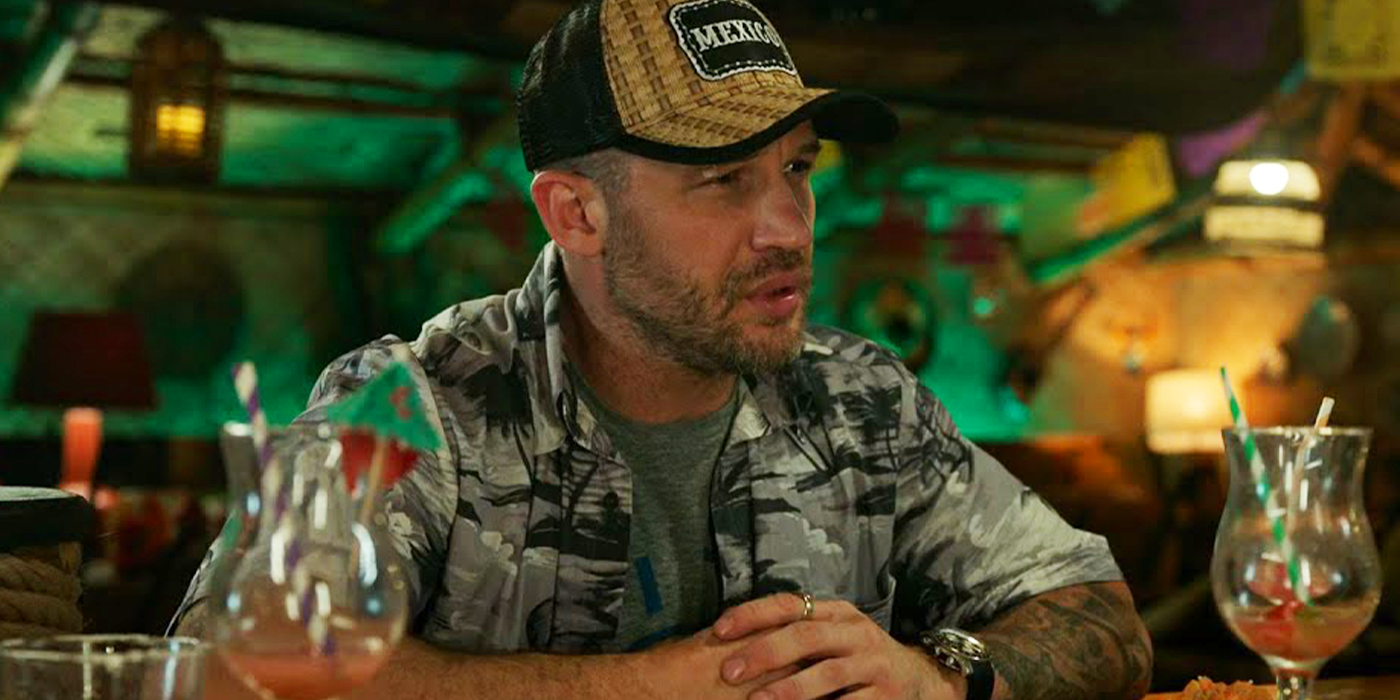
Marvel Studios’ post-credits scenes have always been short teasers, post-ending jokes, or important setups for characters within the same movie or the wider MCU. Spider-Man: No Way Home‘s post-credits scenes deviate from this norm, as neither features a tease for an existing MCU character or setup for a future MCU project, though the symbiote piece in the MCU could tease an upcoming storyline. This might not come to fruition for a very long time, though Marvel Studios has confirmed that the story for Spider-Man 4 is set, and Peter Parker could potentially bond with the symbiote in Avengers: Secret Wars.
Spider-Man: No Way Home’s final post-credits scene wasn’t a teaser or even a scene at all, instead delivering a trailer for Doctor Strange in the Multiverse of Madness. This is only the second time that Marvel Studios has included a trailer for a film’s post-credits scene, with the first being Captain America: The First Avenger’s post-credits trailer for The Avengers.
However, this was only a short-lived treat for in-theater viewers, as the official trailer for Multiverse of Madness released only five days later. No Way Home’s post-credits scenes are very different for the MCU but are refreshing after so many years of the typical teases that overshadowed the film’s events.
No Way Home’s MCU Credits Changes Were Needed For Phase 4
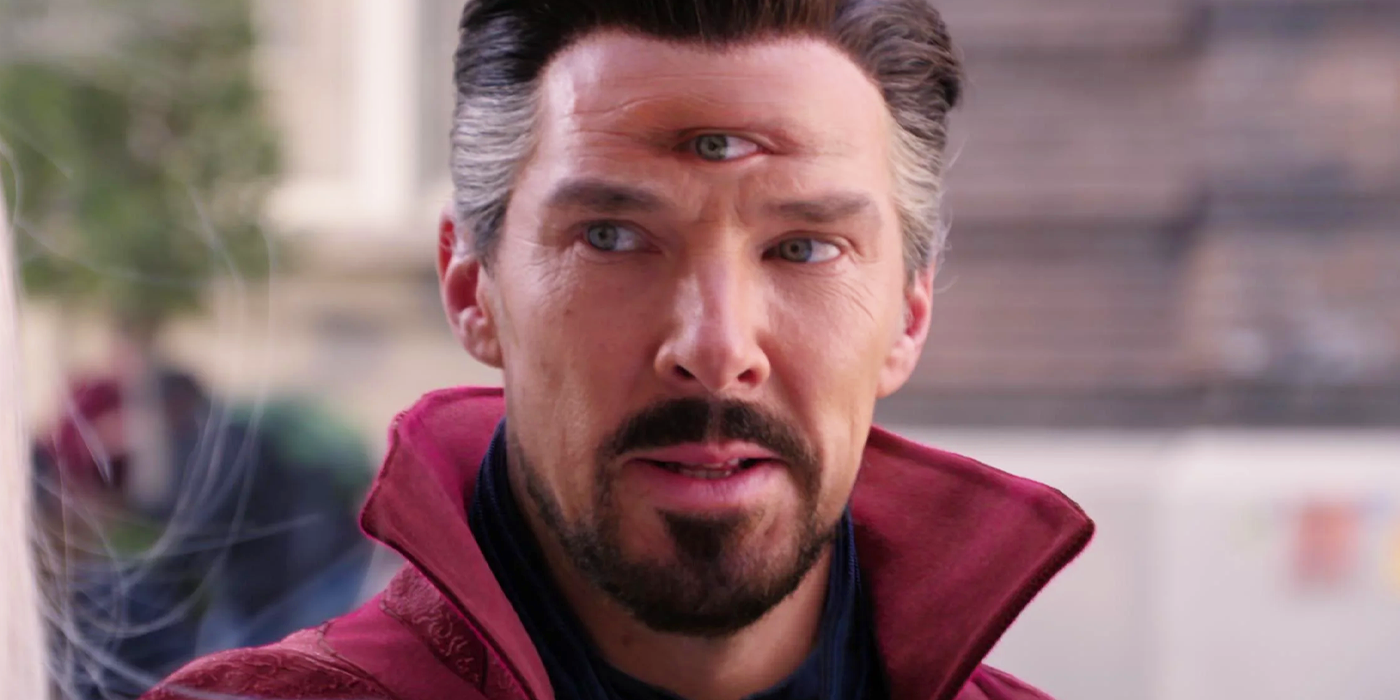
The MCU’s Phase 4 was perhaps the most divisive era since the franchise’s inception, and much scrutiny was aimed at its post-credits scenes. Spider-Man: No Way Home actually felt like a breath of fresh air, as other projects immediately thrust viewers back into the action, setting up future projects or introducing yet another major twist. While the MCU’s post-credits scenes are often fun and important moments that feel rewarding after sitting through the credits, some seem to amount to nothing, and are regularly forgotten, such as Spider-Man: Homecoming’s Scorpion tease or Doctor Strange revealing Mordo’s vendetta against sorcerers.
The majority of Phase 4’s post-credits scenes set up storylines that won’t see a reprise for potentially years to come. Shang-Chi and the Legend of the Ten Rings revealed a beacon being sent into the cosmos from the eponymous Ten Rings, Eternals debuted Harry Styles in the MCU as Eros, the mysterious brother of Thanos, and Thor: Love & Thunder saw Brett Goldstein debut as Hercules. These post-credits scenes often overshadowed the events of the actual films, but while Spider-Man: No Way Home’s post-credits scenes were confusing, to say the least, they were much more refreshing and simple.
Did Other Phase 4 Movies Copy No Way Home’s Post-Credits Approach?
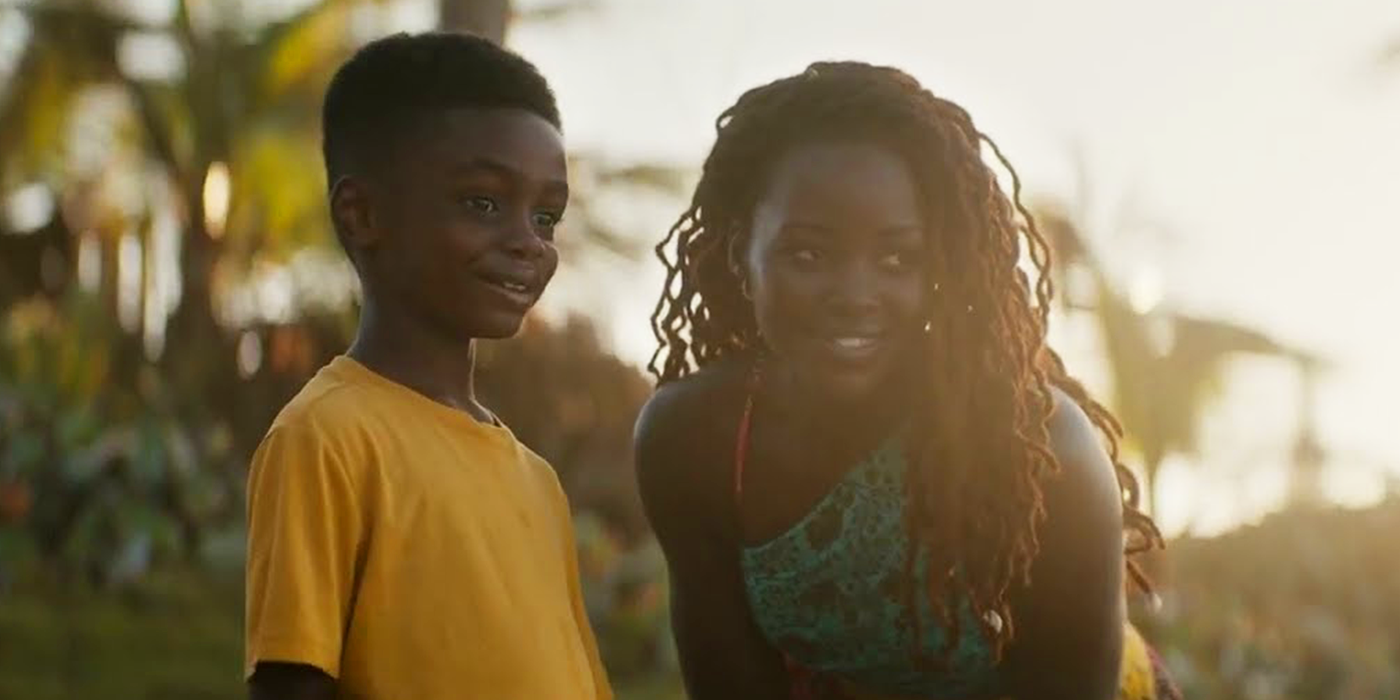
In the wake of Avengers: Endgame and the epic finale of the MCU’s Infinity Saga, Marvel Studios has been striving to take risks, branch out into new genres, and experiment with their storytelling, allowing new stories to develop organically. This was proven with projects like the old Hollywood horror flick Werewolf By Night and the legal comedy She-Hulk: Attorney at Law. The MCU’s post-credits scenes saw changes, too, as Black Widow, Thor: Love & Thunder, and Black Panther: Wakanda Forever all featured more grounded and moving post-credits scenes.
This also carried over into Marvel Studios’ Disney+ series’, with several episodes during Phase 4’s slate featuring post-credits scenes. For instance, Hawkeye’s one-and-only post-credits scene featured the cast of Rogers: The Musical performing “Save the City” as a Christmas gift to audiences.
Similarly, The Guardians of the Galaxy Holiday Special caught up with Rocket and Cosmo as they were adorning Groot in Christmas tree decorations. These more subtle and quiet post-credits scenes can often be much more palatable than the moments that set up future MCU projects and help to reference the events of their respective projects without making audiences wait years for the teases to be paid off.
Doctor Strange 2 Took Yet Another Post-Credits Approach
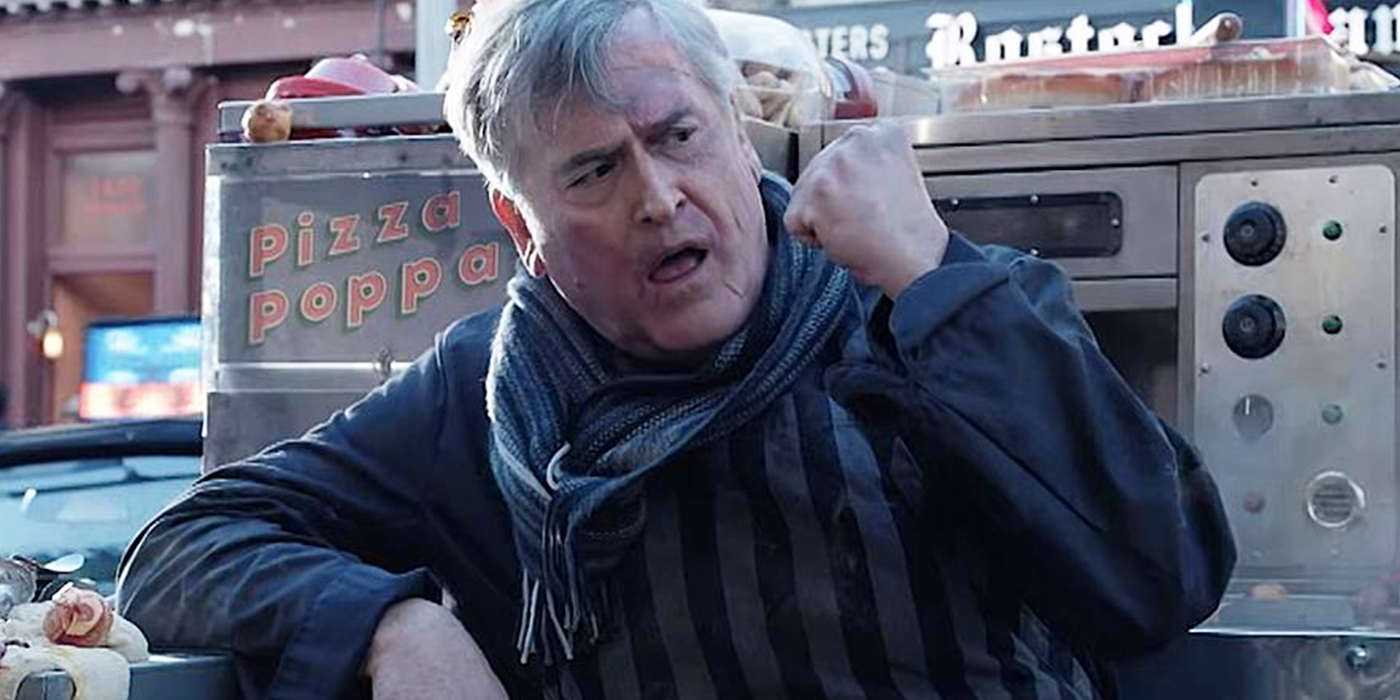
Doctor Strange in the Multiverse of Madness’ post-credits scenes are also a departure. Though the first introduces the sorceress and Doctor Strange’s Marvel Comics love interest Clea, played by Charlize Theron, the second is used simply for comedy and references Sam Raimi’s style of filmmaking.
Bruce Campbell is a regular collaborator with Raimi and appeared in Multiverse of Madness as Pizza Poppa on Earth-838. When he eventually breaks free from Strange’s spell in the film’s post-credits scene, Campbell breaks the fourth wall and yells, “it’s over!” This moment may be silly, but it reinforces the effect that Spider-Man: No Way Home accomplished by keeping the post-credits scene low-key and entertaining.
